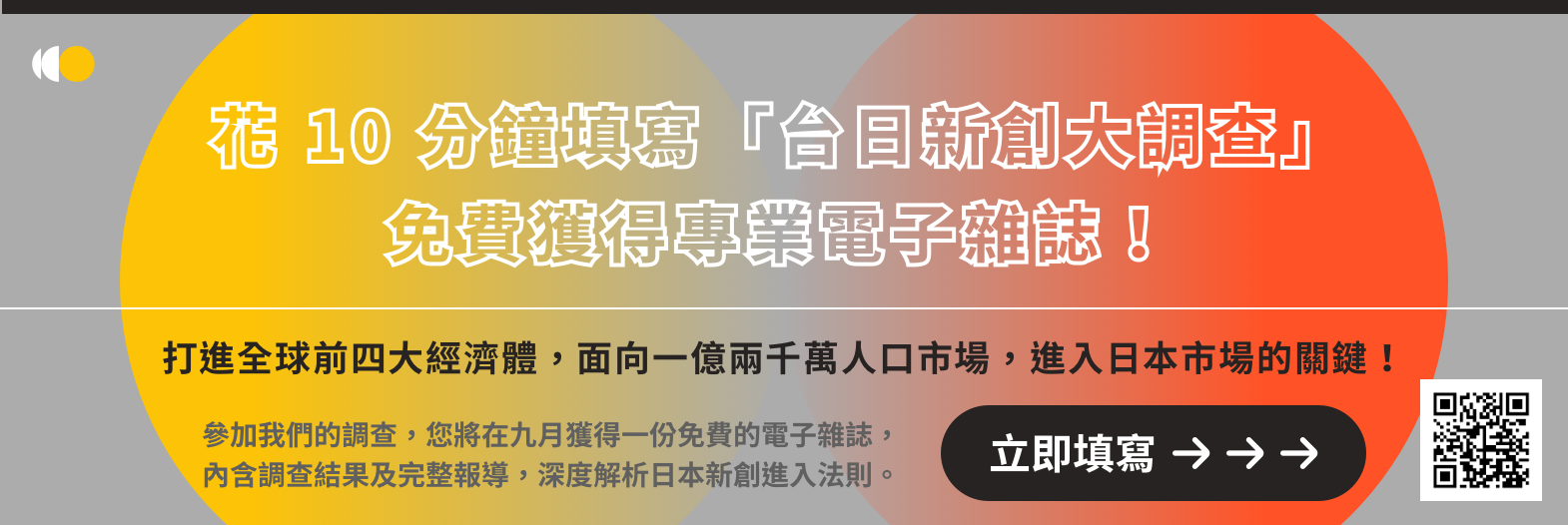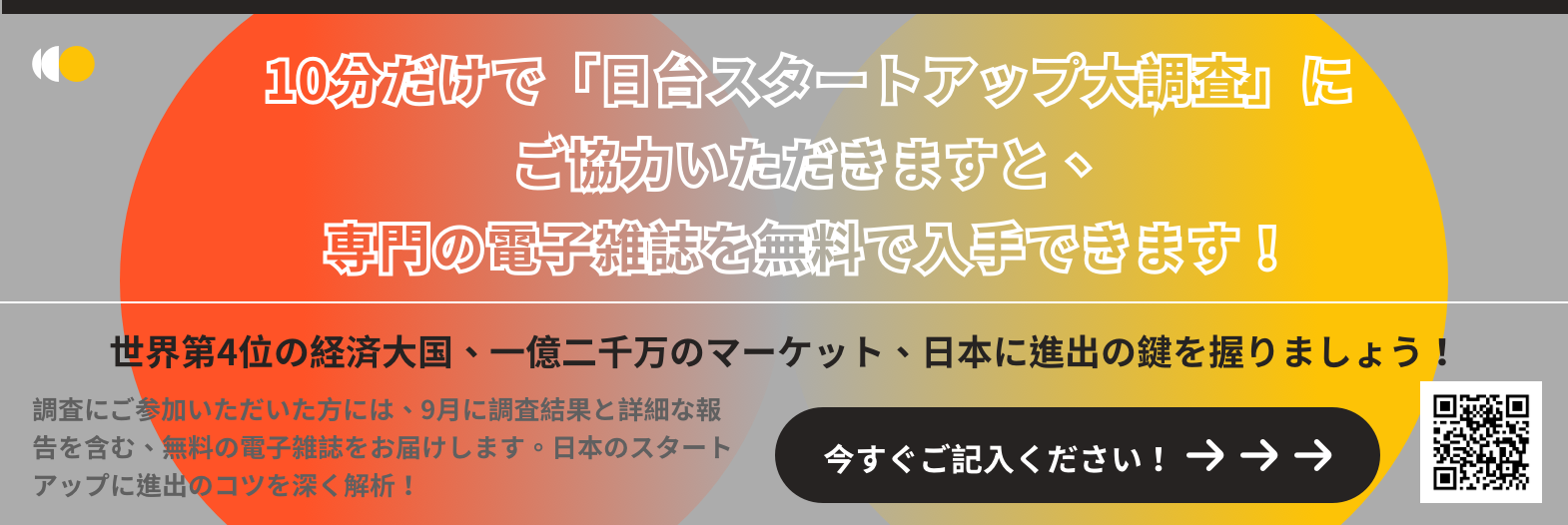What happened?
- Founded in Singapore in 2016, SensorFlow is an intelligent energy management company that provides integrated services, combining IoT solutions and AI automation applications to help improve energy efficiency and optimize the operational efficiency and productivity of the hotel industry, starting with intelligent building management in the hotel arena.
- The company has two main products: Smart Room Energy Management (SmartREM) and the application Comfort+, which can be combined.
- By installing two types of sensors in guest rooms, the system will automatically adjust the room temperature to the optimal level or turn off the air conditioning when the room is empty, avoiding unnecessary energy waste.
- The latter allows guests to remotely control the air-conditioning by clicking the "pre-cool my room" button in the email sent by the hotel to ensure a comfortable temperature when they return to their room.
Why hotels?
- According to the UN Environment Agency's Global Status of Buildings and Construction Report 2022, the building sector accounts for more than 37% of total carbon dioxide emissions. In particular, energy demand for heating, cooling, lighting, and appliances continues to grow, increasing by 4% in 2021 compared to 2020, warning of a gradual delinking from decarbonization targets by 2050. (UNEP)
- The United Nations World Tourism Organization (UNWTO) has also indicated that the global tourism industry is responsible for 5% of carbon dioxide emissions, with hotel-related accommodations accounting for as much as 2% of the emissions, indicating that the industry needs to improve energy efficiency. (UNWTO)
- Sai, Co-founder of SensorFlow, shared that he and his partner, Max, found that 90% of the energy wasted in the hotel industry comes from guest rooms, which is related to the habits of the customers, many of whom leave their spare room cards in the key slots when they leave their rooms to maintain a specific temperature in the room or to charge their electronic devices.
- Instead of changing residents' behavioral patterns, Sai believes optimizing the system and using his IoT, data analytics, and software expertise to invent intelligent facilities to meet consumers' needs is better.
Do you only pay when it works?
- To gain credibility, SensorFlow has developed a calculation system to figure out the difference in energy consumption before and after using the product, which has been certified by EarthCheck, an independent, authoritative organization, to ensure the effectiveness of the cooperation between the two parties. Moreover, hotels do not need to pay upfront and will only take 70% of the energy savings as a reward after installing the sensors.
- There is also a subscription option, where the hotel pays a monthly fee, usually less than the system's energy savings.
- Based on experience, clients have saved 20-30% on HVAC (heating, ventilation, air-conditioning, and cooling) energy consumption with a payback time of less than two years.
- The team has developed different sensors from those on the market, which are not only suitable for all types of hotel rooms but can also be installed in less than 10 minutes, without the need for high labor costs, and can be installed during the time it takes to clean the guest rooms.
What's in the future?
- Sai pointed out that the product is currently only used in guest rooms. In the future, he hopes to expand to more public areas of hotels and, at the same time, introduce renewable energy sources such as wind power and solar energy and apply the data collected by the sensors to more practical aspects to make a complete hotel solution.
- The company has already captured several Southeast Asian markets, including Singapore, Thailand, Malaysia, Vietnam, the Philippines, and Indonesia. It has also entered Hong Kong and Maldives and expects to enter Japan, Taiwan, South Korea, and other East Asian countries, where the tourism industry is also prevalent in the future.
Energy saving and carbon reduction have become a global phenomenon, and the hotel industry is an invisible major emitter of carbon emissions. For energy inefficiency, SensorFlow has developed intelligent sensors to enable hotels to take care of tourists' comfort and protect the environment simultaneously; see the in-depth Salon Talk between Sunrise Medium and Sai, the co-founder of SensorFlow.















